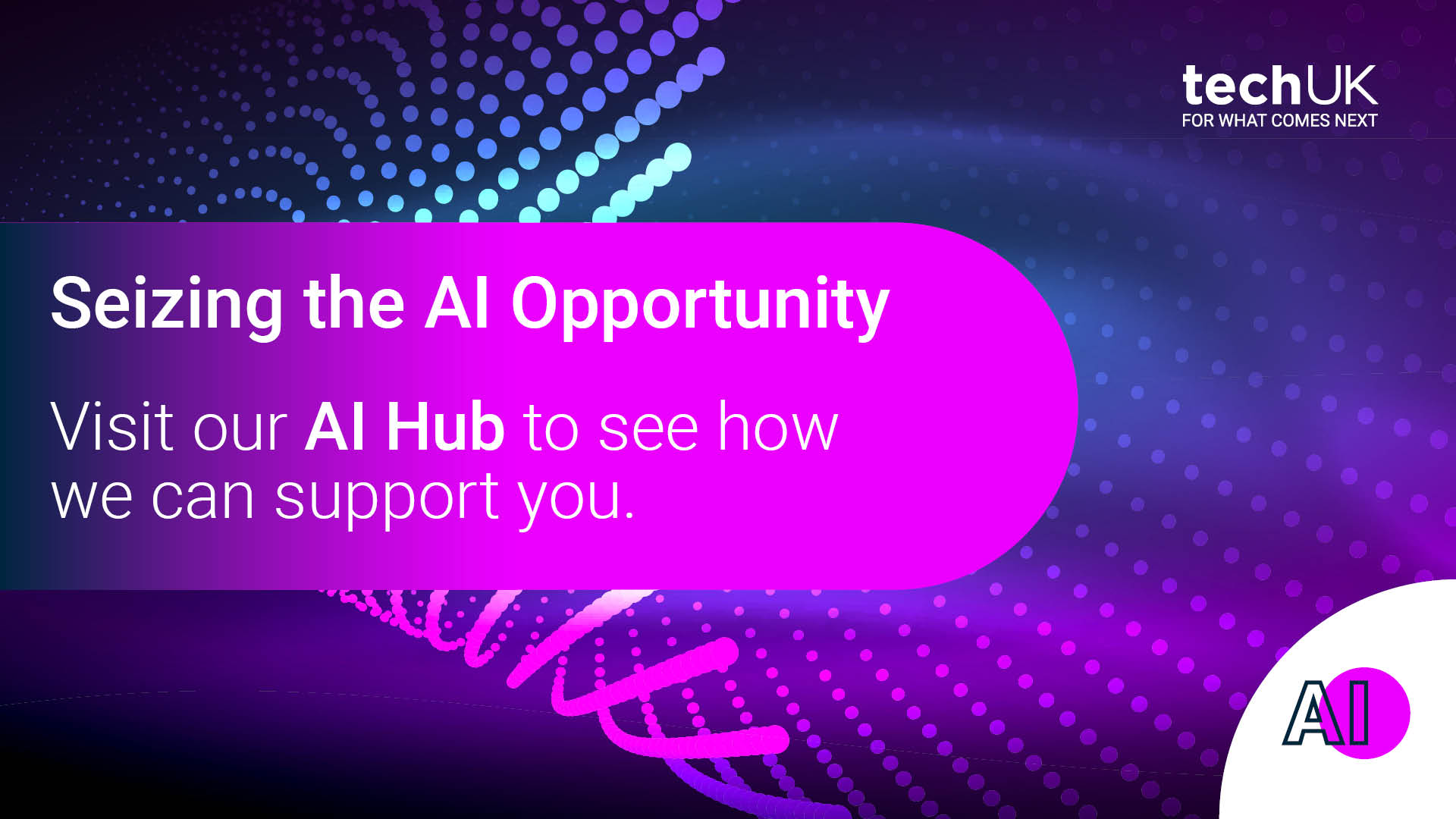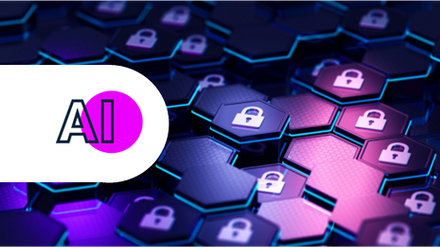AI is the New Electricity
Artificial intelligence is the new electricity. Not in the sense that it powers your toaster or keeps the lights on, but in the way it’s poised to change huge swathes of how we do things. Like electricity, AI isn’t just a shiny gadget or a clever trick—it’s a general-purpose technology, a force multiplier for nearly every sector of human activity. If the UK wants to be a leader in AI we should ask: what does it actually mean to lead in AI? And to answer that, we might take a step back and ask: what did it mean to lead in electricity?
For electricity to be transformative you needed power stations. Without them, there was no electricity, and without electricity, there was no revolution. In the world of AI, the equivalent of power stations is data centres and compute. To lead in AI, leading in compute is a great foundation. But leading in compute is not a realistic goal for the UK. Fortunately it is also not a sufficient nor a necessary condition for AI leadership. Building power stations, or in this case, piling up servers, doesn’t win you the game.
Looking back to electricity, the real magic happened when electricity left the station and found its way into homes, factories, and offices. Someone had to string up wires, build grids, and figure out how to deliver all that raw power to people who didn’t yet know they needed it. For AI, that means creating platforms and ecosystems—things that make AI scalable, accessible, and useful. It’s about making sure the tech doesn’t just sit in some lab but actually gets out into the world, solving real problems for real people.
And what were those problems? Well, electricity didn’t just show up and declare victory. It needed tools. Light bulbs, motors, refrigerators—these were the inventions that made electricity indispensable. They turned a strange force into something that could change lives. AI, too, needs its light bulbs. Diagnostic tools that help doctors catch diseases faster. Algorithms that help farmers grow more food with less waste. These aren’t just cool applications; they’re the difference between AI being a parlour trick and a transformational force.
Tools are useless if no one knows how to use them. When electricity was new, people had to learn what it was, how to wire their homes, and why they might want to swap their oil lamps for electric ones. The same is true for AI. If people don’t understand it—what it does, how it works, and why they should trust it—it won’t get off the ground. Education and training aren’t just nice-to-haves; they’re mission-critical.
And then there’s trust. Early electricity was viewed with suspicion—some people thought it was dangerous, others thought it was a fad. At the turn of the 20th century there were well organised campaign groups lobbying against the introduction of electric streetlights. Over time, as electricity proved itself useful and safe, trust grew. AI is facing its own trust issues right now. People worry about bias, misuse, and machines making decisions they don’t understand. If AI is going to take hold, us builders need to show that we’re serious about fairness, accountability, and transparency. We need to prove that this isn’t just a black box doing who-knows-what, but a tool that works for people, not against them.
Leadership in AI is not about having the flashiest algorithm or the biggest pile of data. It’s about laying the groundwork—building the infrastructure, creating tools that matter, educating people, and earning trust. The leaders in electricity weren’t just the ones who could generate power; they were the ones who figured out how to weave it into the fabric of everyday life. The same will be true for AI. The real leaders will be the ones who take this wonderful new force and turn it into something we can’t imagine living without.
techUK - Seizing the AI Opportunity
techUK supports the UK's AI revolution, empowering both public and private sectors to fully embrace the transformative potential of AI.
We bring together the vendor and buyer communities, showcasing the benefits of private sector AI adoption and the opportunities of AI-powered public services. Our aim is to unleash the vast potential of AI to create opportunities for businesses and society, so everyone can reap the benefits of this technological opportunity..
Get involved: techUK runs a busy calendar of activities including events, reports, and insights to demonstrate some of the most significant AI opportunities for the UK. Our AI Hub is where you will find details of all upcoming activity. We also send a monthly AI newsletter which you can subscribe to here.
Upcoming AI events
Latest news and insights
Subscribe to our AI newsletter
AI and Data Analytics updates
Sign-up to our monthly newsletter to get the latest updates and opportunities from our AI and Data Analytics Programme straight to your inbox.
Contact the team
Visit our AI Hub - the home of all our AI content:










